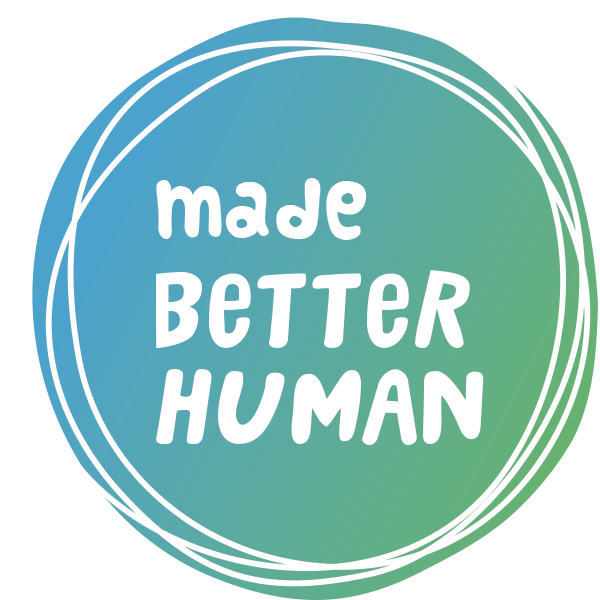There are moments in life when we lose more than a place—we lose a sense of who we are. Whether through a move, a rupture in relationship, a crisis of identity, or the slow erosion of belonging, we find ourselves un-homed. It’s not just about being without shelter. It’s about feeling dispossessed—of our roles, routines, anchors, and even our sense of meaning.
The term “un-homed” speaks to that deep, internal dislocation. A wordless ache that tells us: I don’t belong here - not in this place, not in this version of myself. It’s a grief that often goes unnamed.
When we lose a physical home, a job, a role, or a relationship, it’s not only our outer world that shifts—our inner identity also begins to migrate. We might no longer recognise ourselves. The person we were doesn't quite fit anymore, and the person we're becoming is still undefined.
But this migration can be meaningful. It's not just about what we've lost, but what we might reclaim or create.
Here are some gentle, grounded tips for those navigating the disorientation of identity loss and emotional upheaval:
1 | Name the Experience Without Shrinking It
Language matters. Terms like "displacement," "un-homing," or "identity in transition" can validate what you’re feeling. You're not being dramatic—you’re experiencing a very real and human disruption.
2 | Honour the Grief
Grief doesn’t only follow death. You can grieve a city, a version of yourself, a relationship, or the future you imagined. Make space for this grief. Let it be expressed through journaling, movement, art, or quiet reflection.
3 | Reclaim Your Story
When upheaval happens, it can feel like your story has been interrupted. Ask yourself:
What still feels true about me?
What am I carrying that I don’t want to anymore?
What values, memories or truths do I want to hold close as I move forward?
4 | Create Small Anchors in the Present
Belonging often starts with small routines. Light a candle. Make your morning tea the same way each day. Place one object—a photo, a book, a stone—that reminds you of home. These small acts tether us to now.
5 | Seek Witnesses, Not Fixers
You don’t need rescuing. You need someone to say, “I see you. That sounds hard. And I’m here.” Find those people. Be that person for others.
6 | Attend to the Body’s Sense of Safety
Dispossession lives in the nervous system. Movement, breathwork, rest, or even time in nature can begin to restore your sense of inner safety. Sometimes the body remembers how to feel at home before the mind does.
7 | Embrace the Idea of Becoming
You are not who you were, and not yet who you will be. This in-between space—uncomfortable as it is—holds growth. Trust the slow formation of a new self. Use metaphors that speak to you: seedlings, bridges, tidepools. You are becoming.
8 | Let Belonging Emerge, Gently
Eventually, fragments of belonging will begin to form again. A conversation that feels real. A project that sparks curiosity. A person who sees you. Pay attention. These are signals that a new home—inner and outer—is forming.
Final Thoughts | Your Collection of Stories
Imagine all the events and experience of your life so far were different books housed in an enormous set of bookshelves. Some of these stories were written by others – opinion pieces about you, others are self-authored. Some of these stories are about pain and loss others are about bravery and brilliance. After an upheaval in our lives, we get to re-stack the bookshelf. To reorder, re-theme, discard, and rediscover the stories of our life. We get to ask: What do I want to display on my bookshelf now? What’s my best-seller?
Un-homing can hollow us out. But in that hollow space, we might find the courage to rebuild—not just a home, but a deeper relationship to ourselves. If you have had a big upheaval in your life, reflect on the questions we have prepared in our free template.
If you’d like to explore your life stories in more detail or begin a journey of reinvention, why not reach out to Made Better Human. We offer a comprehensive program, Made Better Stories which guides you through an approach you can take to unfold new meaning and perspective on your life stories. Or you might like to work with one of our narrative therapists / coaches who can offer one-on-one coaching that will support you as you work through your stories and the re-authoring process. Contact us here.

